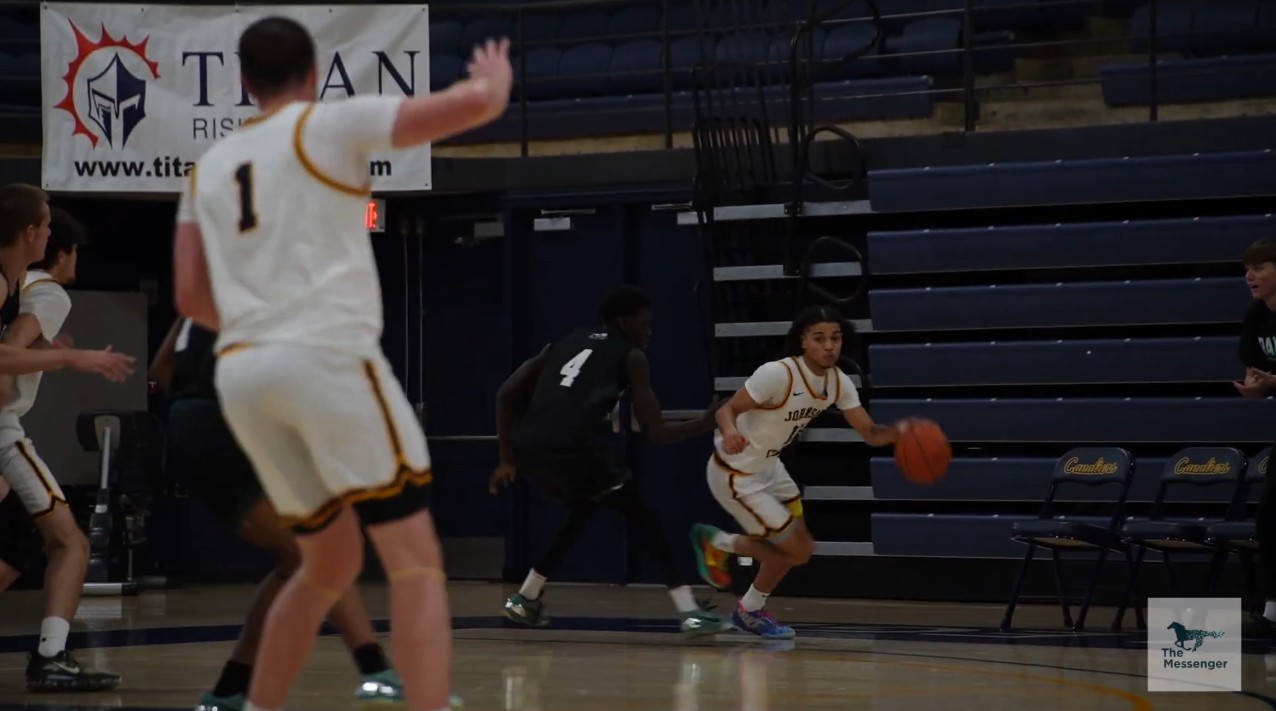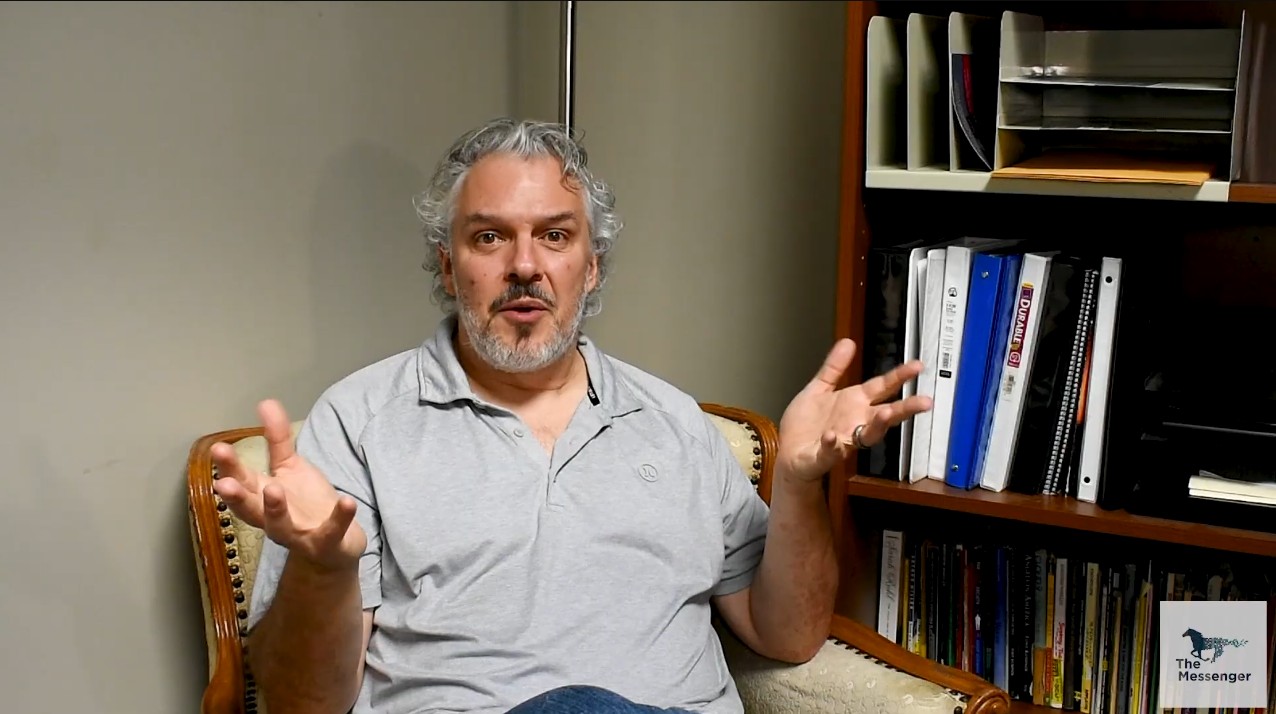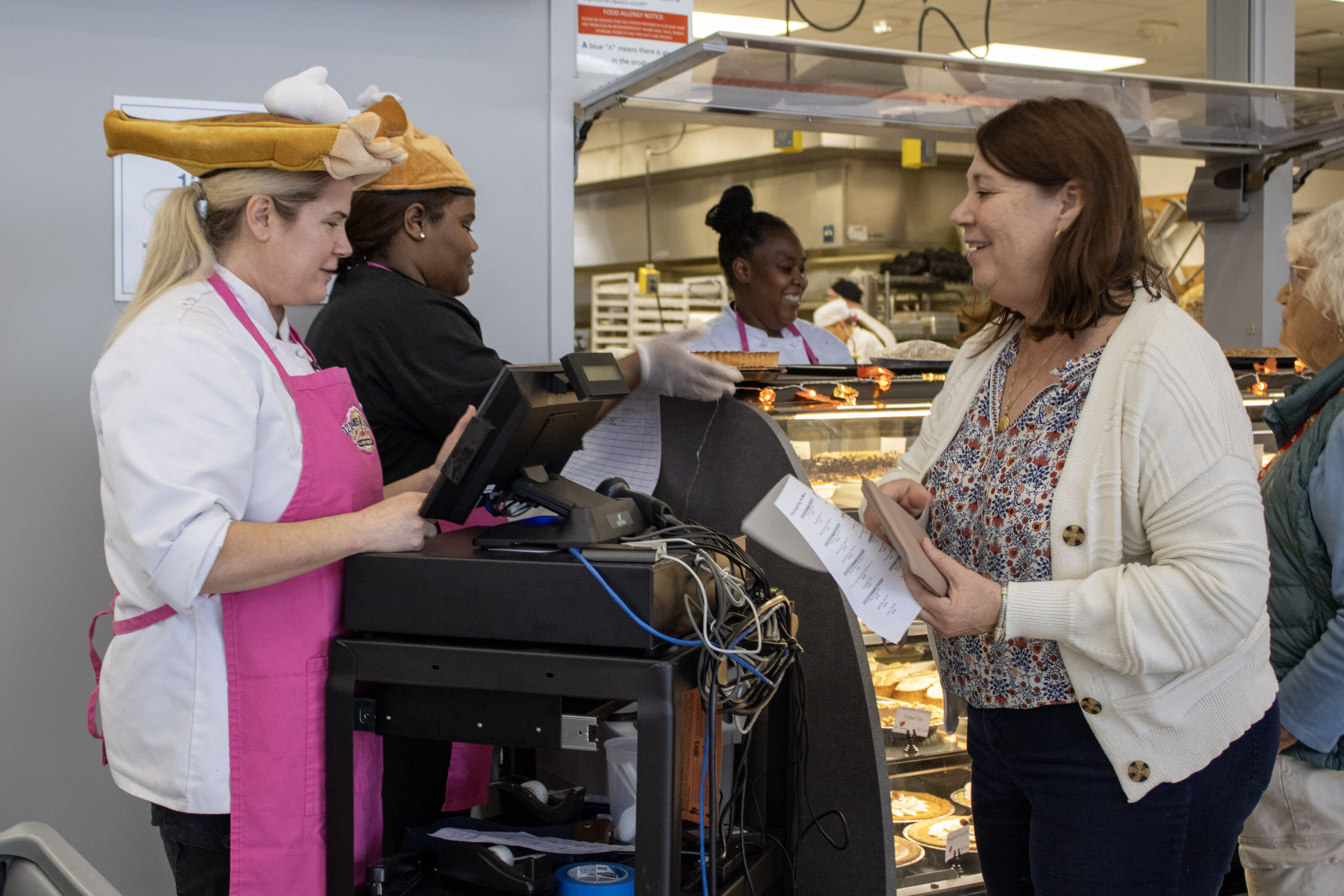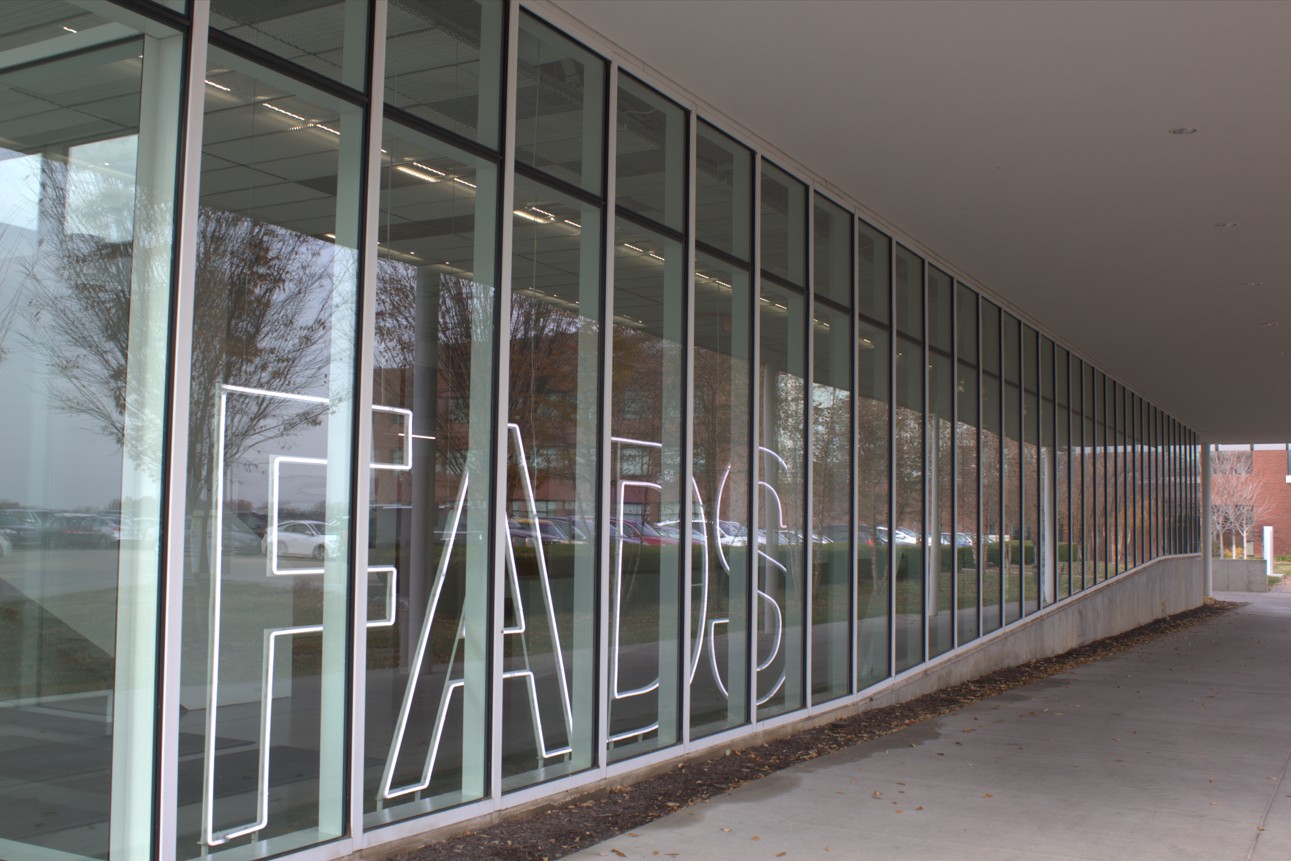(Photo by: Liverpool Faculty of Health & Life Sciences/Flickr)
In 2000, the United States declared that measles had been eradicated from the country, but it appears that the virus hasn’t drawn its last breath just yet. After decades of decline, the resurgence of measles earlier this year in Texas has resulted in many health officials raising alarms, and it seems like Kansas is the next target of the virus.
In January, Gaines County in Texas became the hotspot for an outbreak of measles that has spread across the state and into New Mexico, Oklahoma, and now Kansas. The initial outbreak resulted in 702 cases in Gaines County alone, with the total number of cases in the U.S. reported to be around 800 after the virus crossed state lines. 82% of cases can be linked to the outbreak in Texas, with this being the second largest measles outbreak in the last 25 years, with no signs of slowing down.
For months major metropolitan areas across Kansas have been preparing for the outbreak to make landfall. The virus crossed into Kansas along the border with Arkansas in Taney County, with 37 cases in April. Health officials in Kansas City began calling for efforts to increase measles vaccination in the hopes to curb the spread of the virus. For immunity to be viable, 95% of the population needs to be vaccinated. Three zip-codes in the KC metro area have failed to reach that metric, which poses a significant problem when it comes to curbing the spread of measles.
The Kansas City Health Department claims that the failure to reach 95% vaccination is the result of a substantial increase in religious exemptions for vaccinations. Since 2019, the amount of exemptions have doubled. Alex Francisco, Chief Science Officer of the Kansas City Missouri Health Department, says that “The religious exemption was around 7%. It is now 14%. That is about twice the rate of the second-highest religious exemption.” Additionally, the percent of medical exemptions in the at-risk zip codes remain zero.
The outbreak in Southwest Kansas is the third largest in the nation, and has spread all the way to Wichita, the first detected case in Western Kansas. The Kansas Department of Health and Environment has reported 48 cases across the state, with no signs of slowing down.
Health officials are urging people to receive MMR vaccinations to help curb the spread, but there has been significant difficulty despite their efforts. Department of Health Secretary Robert F. Kennedy Jr. claimed that the outbreaks are not a significant issue, and that more emphasis should be placed on addressing autism and diabetes. He added that “When I was kid, there were 2 million measles cases a year and nobody wrote about them.”
The statements made by the Health Secretary continue a concerning trend set during the COVID-19 pandemic, with an increasing number of people rejecting vaccinations. Secretary Kennedy has endorsed the vaccine, but his history of promoting vaccine skepticism and misinformation has had an impact on vaccination rates. Anti-vaccine activists around the nation rallied behind him, but his decision to endorse vaccination for measles was met with backlash by this group. Kennedy has had a clear impact on the overall anti-vaccination movement within the U.S., and the trends seen within the Kansas City metro area are driven by this rhetoric.
Measles, and many diseases like it, have long been regarded as eradicated from developed nations around the world. Despite efforts from health officials, the United States has broken that trend. Vaccines are a vital resource in protecting the health of the United States, and the increase in anti-science rhetoric is a threat to everyone. Though measles outbreaks may seem unimportant, health authorities must promote widespread vaccination, not only to combat the spread of measles, but to prepare for future threats as well.












Leave a Reply